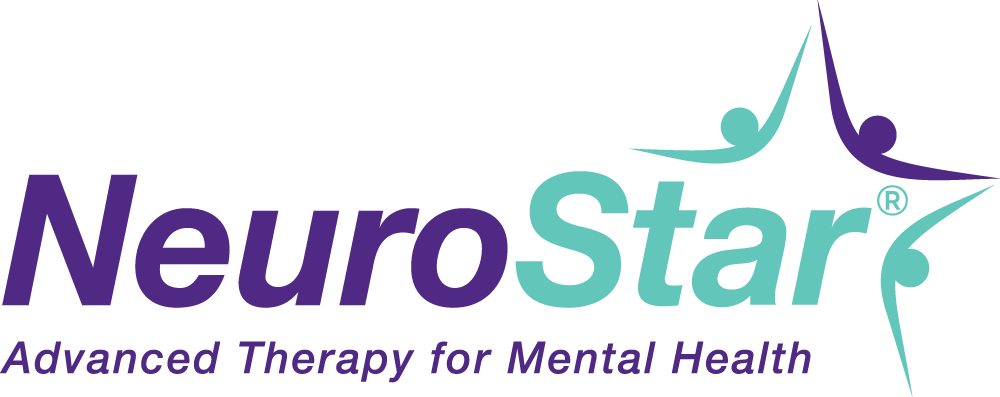Candidates for NeuroStar TMS Therapy in Columbia

If you have battled depression despite medication and talk therapy, you may wonder who qualifies as candidates for NeuroStar TMS therapy in our Columbia office. If your symptoms persist after at least one adequate antidepressant trial, you may be eligible for NeuroStar TMS therapy. Insurance carriers often use the same qualifications to determine coverage, which may lead to smoother approvals once you submit all paperwork. By clarifying core criteria early on, you save time while moving toward relief.
Many patients appreciate that sessions are brief, require no anesthesia, and fit easily between work or family duties. Because TMS stimulates mood circuits directly, it bypasses systemic side effects such as weight gain or fatigue.

Conditions That May Respond to TMS
Neuromodulation works by rebalancing specific brain circuits rather than treating just one diagnosis, making it surprisingly versatile for suitable individuals. Below are common concerns our team reviews during candidacy screenings:
- Treatment-resistant major depressive disorder
- Obsessive-compulsive disorder
- Anxious depression
Each condition requires a tailored protocol, and we explain the supporting data in plain language so you can weigh the pros and cons. Treating multiple diagnoses helps patients who once felt out of options find a new pathway to feeling better.
Core Clinical Eligibility Requirements for TMS Therapy
Most insurers and clinical guidelines agree on four pillars of eligibility: a confirmed diagnosis, an insufficient response to at least two adequate antidepressant trials, completion of structured psychotherapy, and medical clearance for magnetic stimulation. An adequate drug trial typically means six weeks at therapeutic dosage. Documentation from a primary-care provider or psychiatrist speeds this verification. Evidence of persistent functional impairment—such as missed workdays or social withdrawal—can also strengthen your approval.
If you have had to stop taking medication because of side effects, that also counts. And if you have tried adding other medications without success, you may be an even stronger candidate for NeuroStar TMS at our Columbia-based clinic.
Health and Safety Considerations
Our advanced non-invasive neurostimulation technique is safe for most people with chronic conditions, including hypertension and diabetes. However, those with metal cranial implants or uncontrolled epilepsy are not candidates. Bipolar patients need to have stable moods before starting treatment to avoid triggering a manic episode from high-frequency pulses.
Pacemakers are generally compatible, though cardiology clearance may be necessary in rare cases. Mild substance use does not disqualify you, yet active withdrawal must resolve before mapping. Before starting treatment, you will complete a detailed questionnaire covering allergies, neurological history, and current medications. Being open and thorough ensures your safety and helps you get the best results.

Lifestyle Logistics and Scheduling
Prospective TMS patients commit to weekday visits to our Columbia clinic for six or seven weeks, at 18 minutes per session. Remote employees often fit sessions between virtual meetings, while students may opt for late-afternoon slots after classes. Parents with young children choose early-morning appointments to maintain daycare routines, while seniors appreciate curbside assistance and shorter waiting room times. Flexible scheduling software adapts quickly if work travel or family emergencies arise. Predictable session lengths help you plan around your daily responsibilities.
The Screening and Mapping Process
Your first visit includes a psychiatric assessment, a safety questionnaire, 30-minute brain mapping, and individualized motor-threshold calibration. If you qualify for NeuroStar TMS therapy, we reserve your treatment calendar at that time and help you file insurance forms within hours. Most of our Columbia clients begin their first TMS therapy pulse within one week of the screening date. This streamlined workflow turns your interest into action without lengthy gaps that drain your motivation.
Call Us in Columbia, MD To Confirm Your Candidacy for NeuroStar Advanced TMS Therapy
If you are still unsure whether you fit the profile of candidates for NeuroStar TMS therapy, call Bloom Health Centers today for an appointment. Our coordinators will review your medical history, prior treatments, and lifestyle to provide rapid clarity. If you qualify, your mapping session will be scheduled immediately, and your insurance verification will begin at once. Knowing you meet the criteria may bring peace of mind and speed up your path to relief. Take the first step now, and let our team guide you toward a brighter, medication-free future.

TMS Patient Journey at Bloom
New to TMS? You are not alone.
Find out more about the journey to a life without depression through TMS Therapy at Bloom.
TMS Offered At:
Virginia
801 N Quincy St, #601
Arlington, VA 22203
158 Front Royal Pike, #206
Winchester VA 22602
Bloom Tips and Tools
Bloom Services:
Learn more about our comprehensive range of mental health services and schedule an appointment today!
Bloom Blog:
Helpful insights and information for your mental health journey.
Bloom In The News:
Press releases, announcements, and mentions in other media sources.
have questions?
We’re here to answer them. Request an appointment through our online form.
NeuroStar Indication Statement
Adult Indications for Use
The NeuroStar Advanced Therapy System is indicated for the treatment of depressive episodes and for decreasing anxiety symptoms for those who may exhibit comorbid anxiety symptoms in adult patients suffering from Major Depressive Disorder (MDD) and who failed to achieve satisfactory improvement from previous antidepressant medication treatment in the current episode.
The NeuroStar Advanced Therapy System is intended to be used as an adjunct for the treatment of adult patients suffering from Obsessive Compulsive Disorder (OCD).
Adolescent Indications for Use
NeuroStar Advanced Therapy is indicated as an adjunct for the treatment of Major Depressive Disorder (MDD) in adolescent patients (15-21).
Important Safety Information
NeuroStar Advanced Therapy is only available by prescription. A doctor can help decide if NeuroStar Advanced Therapy is right for you. Patients’ results may vary.
The most common side effect is pain or discomfort at or near the treatment site. These events are transient; they occur during the TMS treatment course and do not occur for most patients after the first week of treatment. There is a rare risk of seizure associated with the use of TMS therapy (<0.1% per patient).
Visit neurostar.com for full safety and prescribing information.
